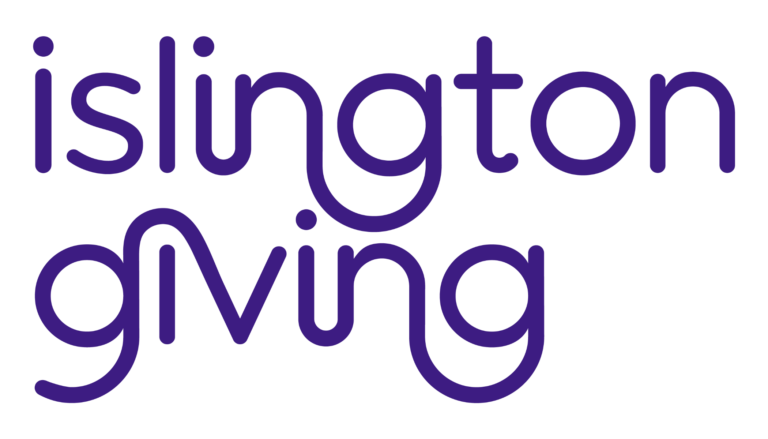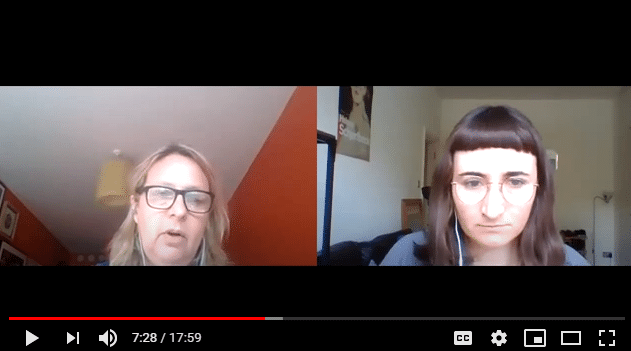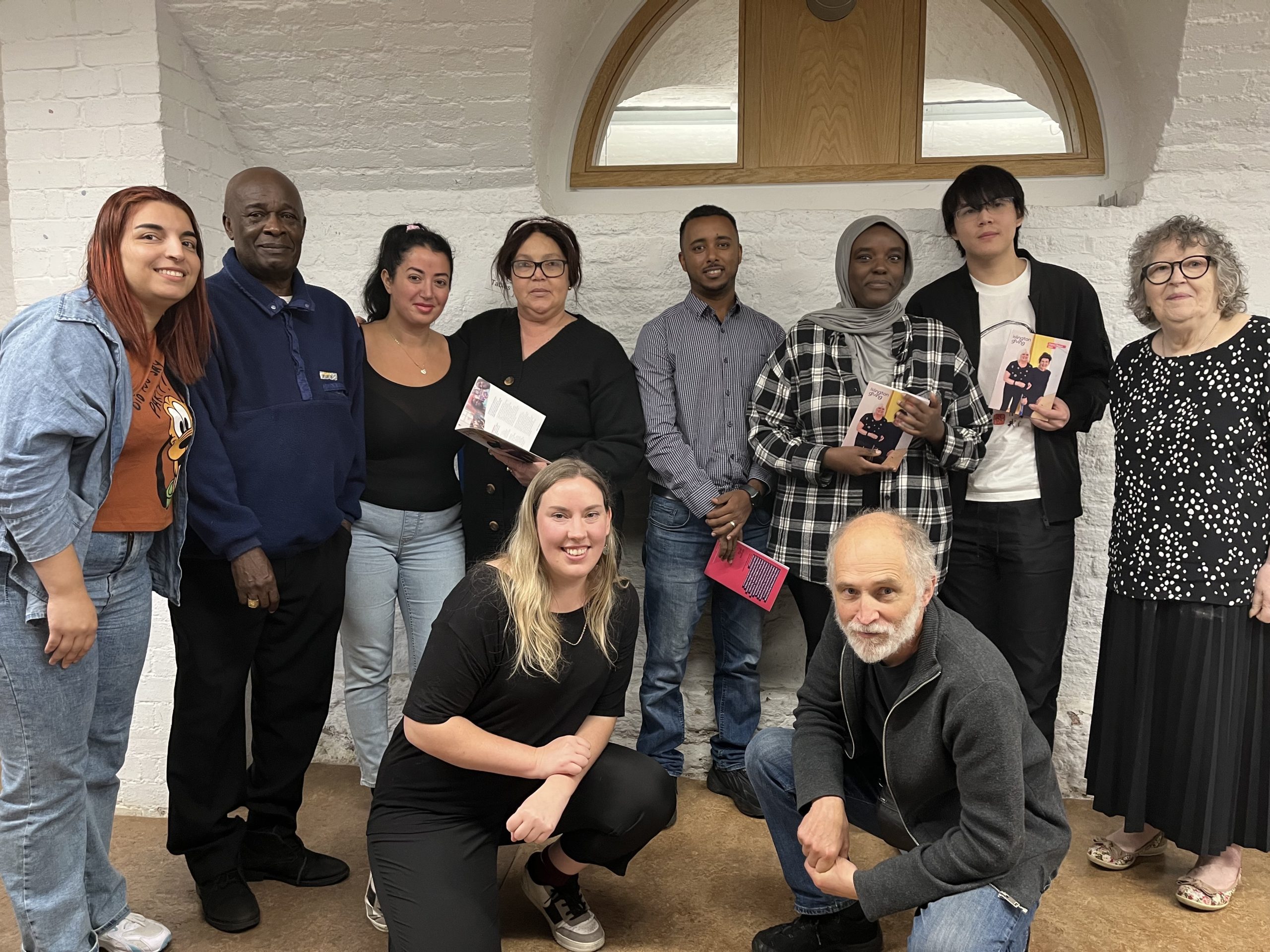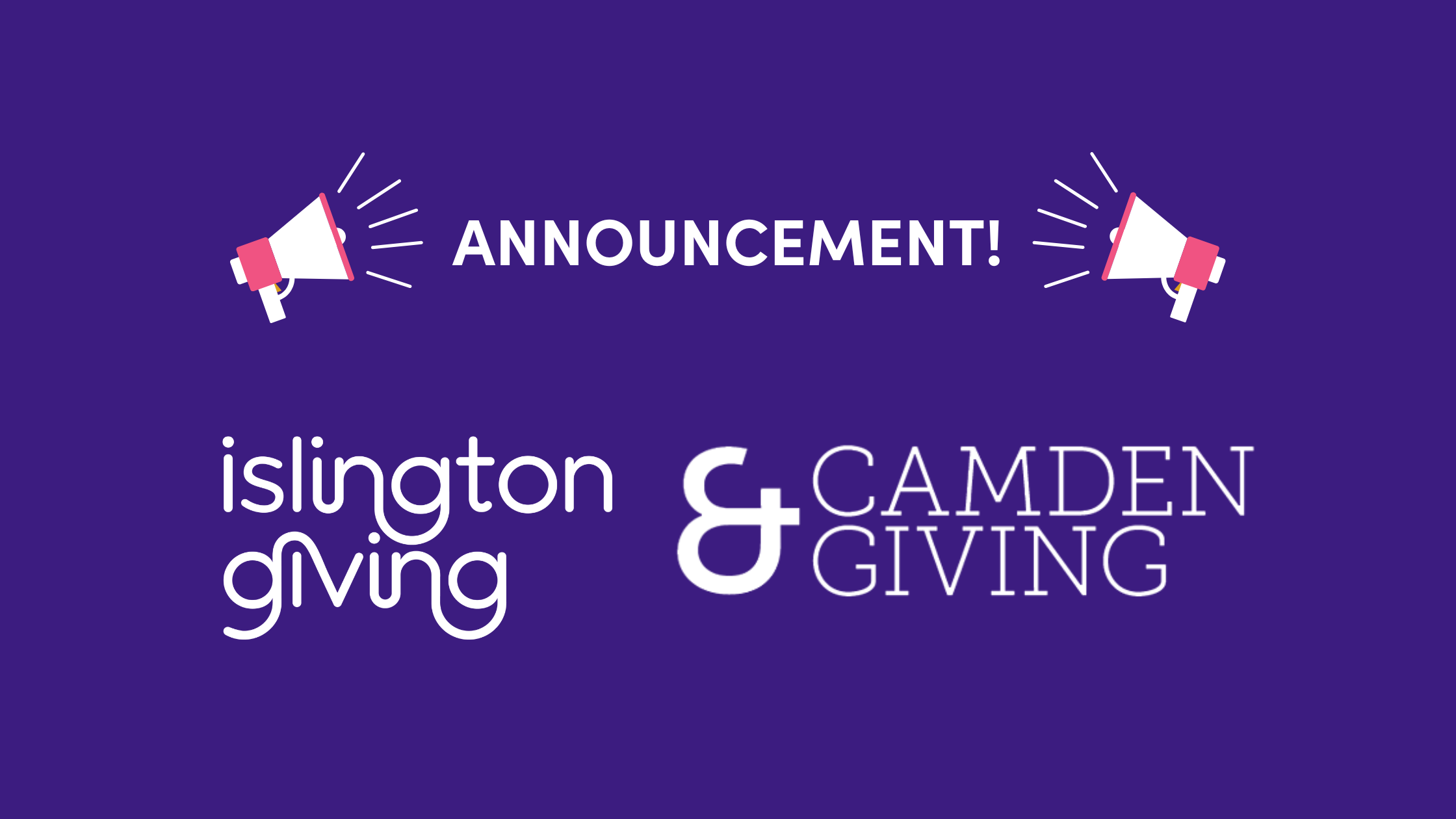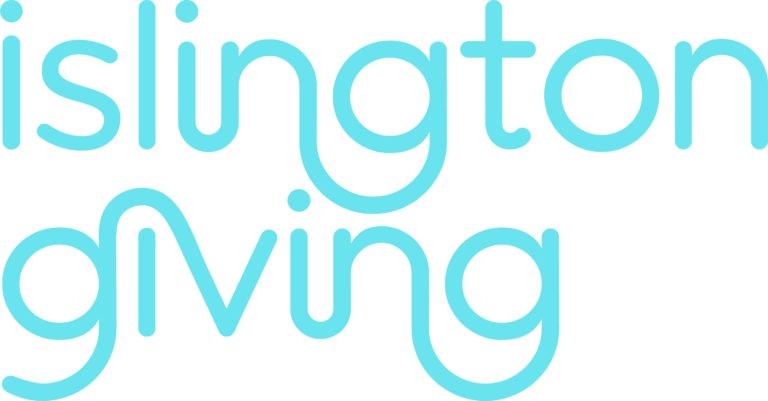Anne Shewring, Islington Giving’s Programme Director, explains how the Programme Team has adapted to Covid-19, how the decision making process has had to change and how the London Community Response funding issuing waves work. You can either watch or read the interview.
How has the Programme Team adapted to Covid-19?
We’re working remotely and we’ve been doing that for almost four weeks now. It has been a challenge but I think the team across the organisation has responded really well to that and actually we’ve been able to do what we need to do remotely.
Initially we contacted all the groups that we fund, just to see how they were doing and to begin to understand what the needs might be in response to the crisis. We also wanted to reassure all our funded groups that we would be very flexible in how they’re using our money, that we wanted to hear any changes that they wanted to make and that we were going to try to work as closely as possible with all our partners to make sure we support both the groups we work with and the wider voluntary sector within Islington during this period.
How’s the decision making process different from what you’re used to?
The key now is to get the money out to ensure that we are supporting residents in need. We’ve established an Islington Crisis Fund, which has been really successful, and organisations are applying through the London Community Response portal (London Funders Emergency Fund). We decided to align our fund to the larger London Community Response because we thought it would be easier for organisations to have one point of application, rather than having to apply to many different funds.
Once groups have applied through the portal, we can see which Islington organisations are looking for support. As a team we will make a recommendation about which groups we think should be funded; those will go to the Islington Giving board members, who receive some detail about the application, and we ask them to give a final approval.
We are also working with colleagues across the sector in Islington to ensure we have a full picture of need. We’ve worked in the borough for so long that most of the groups that apply are organisations that we already know or have worked with, and we have a good understanding about how they fit into the wider local picture, which is particularly important now. The beauty about the London Funders portal is also that if we are unable to fund a group, another funder will.
How do the London Community Response funding issuing waves work?
Wave 1 was for emergency support, food, phone data, support to help people get medicine, etc., and has now closed. Wave 2 is now open, which also allows for more emergency applications so if you’re an organisation that are still doing that kind of essential work you can still apply and you’re very likely to get funded, so please do apply!
Wave 2 also includes funding support for any changes groups are making to their service delivery during the current crisis, as we know that lots of organisations are working differently to continue to support residents, bringing people together online or delivering face to face support via community hubs.
There will be a Wave 3, probably for more structural help for charities. We’d like to keep hearing from groups, as our role is to support the sector in Islington not just now but into the future.
How is Islington Giving making sure to offer wider flexibility to organisations during this period?
Usually groups have grants to deliver specific projects and programmes, and in the current situation they can no longer deliver them because most of them work face to face with people and that’s no longer possible. So we are encouraging the organisations to talk to us about the grants that they currently have, and we’ll be as flexible as possible in allowing them to use that money to pay staff, to deliver differently, to put work on hold. At the moment, e won’t chase people for numbers and outputs and the evaluation that we would normally be looking for, although we will be interested in how these have changed in response to the crisis further down the line. We all need to learn from this situation.
An example of that praxis is our Catalyst programme, in which money goes directly to organisations who then award up to £500 to vulnerable people to pay for opportunities that make a difference. Usually it’s not about funding emergency needs of individuals but rather opportunities to develop or things that are important to them, such as a trip to the theatre, buying a bike to be able to go out and feel safe, etc., a whole range of things, and the point of the programme is that it is very flexible. At the moment we are getting many Catalyst programme partners coming and saying that people are in need of food, fuel and more basic things and they’re asking if they can use the money for that and of course that’s absolutely fine. We’re also releasing some of those payments early so that groups have more funds available to use directly with people.
Which groups have been funded through the Islington Giving Crisis Fund on Wave 1?
We’ve funded four groups on Wave 1, Hillside Clubhouse, Hive Foodbank, The Manna and Islington Mind and all of those are providing emergency support to residents in Islington: Food supplies like 3-day emergency parcels for people that are experiencing food poverty or phones and data so that they can keep in touch with vulnerable clients such as rough sleepers and help them find accommodation.
We are really pleased that groups are able to use our money to do that and we encourage more organisations to apply. There were a couple of other groups that were also working in Islington which we didn’t fund because they were already being funded through the London Community Response portal by another London funder.
We are really excited to get our first grants out, thanks to the people in Islington that have given to our Crisis Fund and our partners as well, who have contributed to the fund. We hope we can get more money out this week!
A little bit of background about Islington Giving…
Islington Giving started 10 years ago and the idea was to bring together individuals, companies and grant-giving trusts to contribute to a pot of money which then could be given out to organisations in Islington. It’s worked really successfully, and we are very pleased with what we’ve been able to do with that money working in partnership with so many residents and businesses.
We have a Mental Health stream, that supports a number of organisations that work directly in the mental health sphere, we run programmes with young people, with our Friday Nights Out programme, of which Arshttps://islingtongiving.org.uk… were part of originally; we’ve supported a number of older people groups to offer activities at the weekend, like our Saturday Socials. One of our most successful programmes is the Young Grant-Makers programme, which brings together a group of young people (aged 176-24) who form a panel of young grant-makers and they work in a coordinated way to give out money to local organisations working in the youth area. They design their own call, they decide what’s important at the moment and they assess all the applications, visit the groups and make the decisions.
We were just entering our third year of Young Grant-Makers when we went into lockdown, so we’ve taken a couple of weeks to reassess where we are and thinking of what is possible and, fingers crossed, we’re going to be re-launching the programme next week online. It will look a bit different, sessions will be shorter, but the young people are really keen to get going and we think it’s really important that they have a way to respond.
As we go forward we hope to develop new programmes, working with organisations to understand where our funding could be best used.
If you have any questions about how to apply for funding during Covid-19 or another general question about our programmes, please contact Anne Shewring, Programme Director, at anne.shewring@cripplegate.org.uk.
